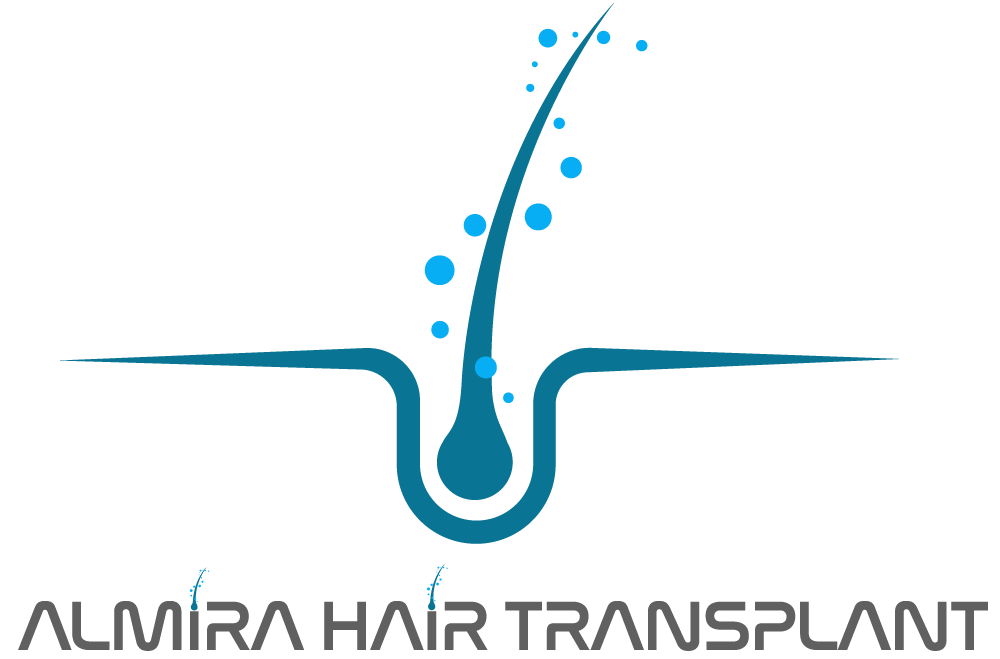Alcohol, Smoking and Caffeine After Hair Transplant: When Are They Safe Again?

Alcohol, Smoking and Caffeine After Hair Transplant: When Are They Safe Again?
A hair transplant is a major step toward restoring one’s confidence and appearance. However, the success of the procedure depends not only on the surgery itself but also on the post-operative recovery process. Among the most critical lifestyle factors during this time are the consumption of alcohol, tobacco, and caffeine—all of which can interfere with healing and graft survival.
So, when is it safe to consume these substances after a hair transplant?
1. Alcohol Consumption
Alcohol affects the body’s fluid balance and impairs blood circulation, which can negatively influence oxygen and nutrient delivery to the newly implanted grafts. It can also interact with antibiotics or painkillers prescribed after surgery.
Avoid alcohol completely for the first 7–10 days.
After day 10, moderate consumption may be allowed with your doctor’s approval.
Additionally, alcohol has a blood-thinning effect, which may increase the risk of bleeding at the recipient site and delay scab formation and healing.
2. Smoking
Smoking is considered one of the most detrimental habits following a hair transplant. Nicotine causes vasoconstriction, meaning it narrows the blood vessels and restricts blood flow to the scalp. As a result, the grafts may not receive enough oxygen and nutrients, reducing the success of the transplant.
Avoid smoking for at least 7 days; ideally, refrain for 10–14 days.
The best recommendation is to stop smoking entirely for the first 4 weeks if possible.
Smoking also increases the risk of infection and slows down the overall wound healing process. For optimal results, long-term smokers are strongly advised to consider reducing or quitting smoking before and after the procedure.
3. Caffeine Intake
Caffeine, though less harmful than alcohol or tobacco, can still pose challenges in the early healing phase. It can cause increased blood pressure and heart rate, which may disrupt the scalp’s stability and healing. In some individuals, caffeine can also interfere with medications.
Avoid caffeine for the first 3–5 days after surgery.
After 5 days, you may gradually resume drinking tea or coffee, but avoid overconsumption.
It’s best to stay away from strong black coffee, energy drinks, or high-caffeine teas for at least the first week.
General Recommendations
-
Drink plenty of water to stay hydrated and support healing.
-
Eat a balanced diet rich in protein, vitamins, and minerals.
-
Take all prescribed medications on time.
-
Avoid direct sun exposure, sweating, or head trauma during the early healing phase.
Conclusion
Avoiding alcohol, smoking, and caffeine after a hair transplant is essential for optimal graft survival and healing. These substances can interfere with circulation, immune response, and overall recovery—especially during the critical first week.
A successful hair transplant requires not just a skilled surgeon, but also patient discipline. A few weeks of caution will pay off in the form of long-lasting, natural-looking results


